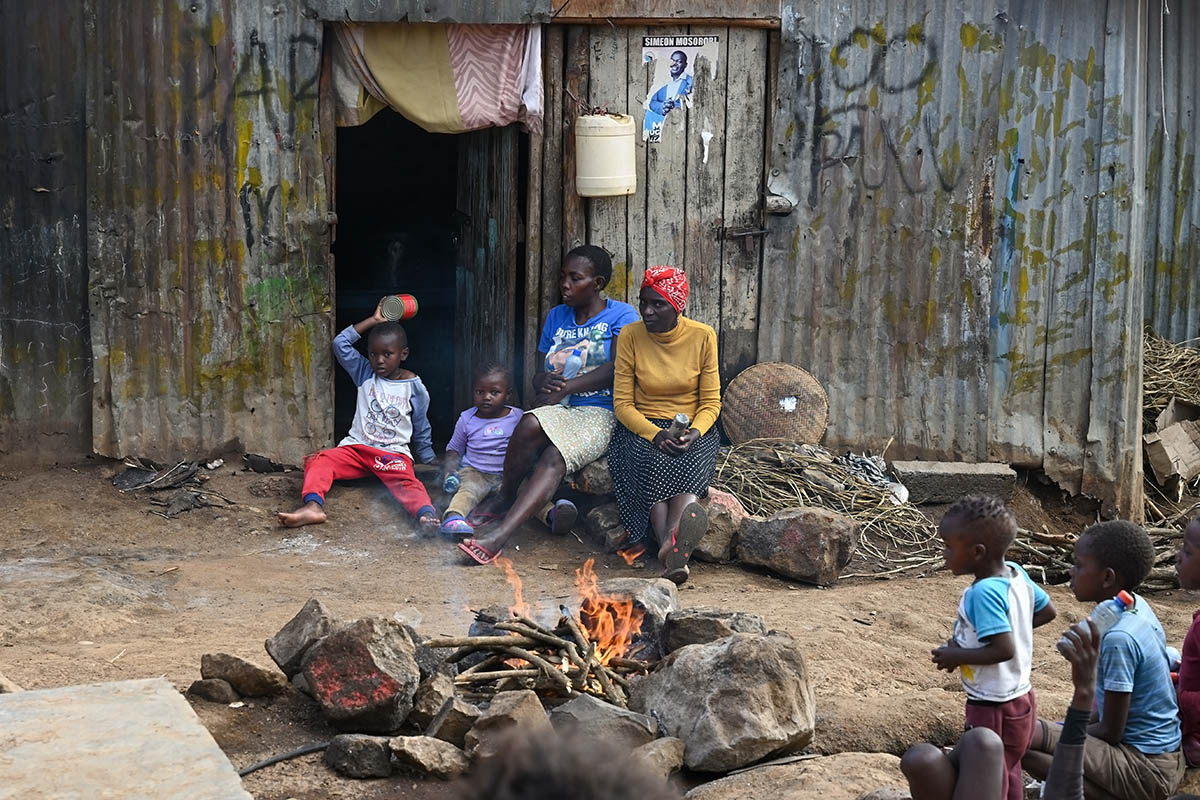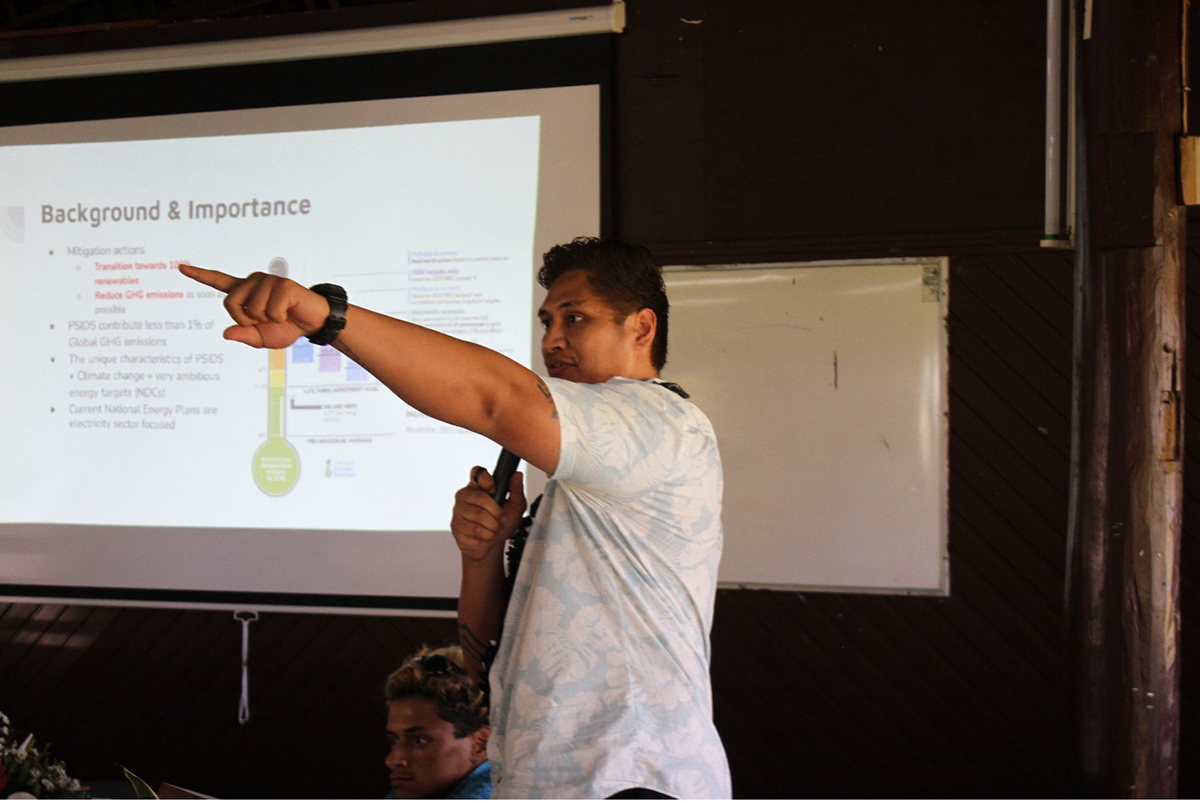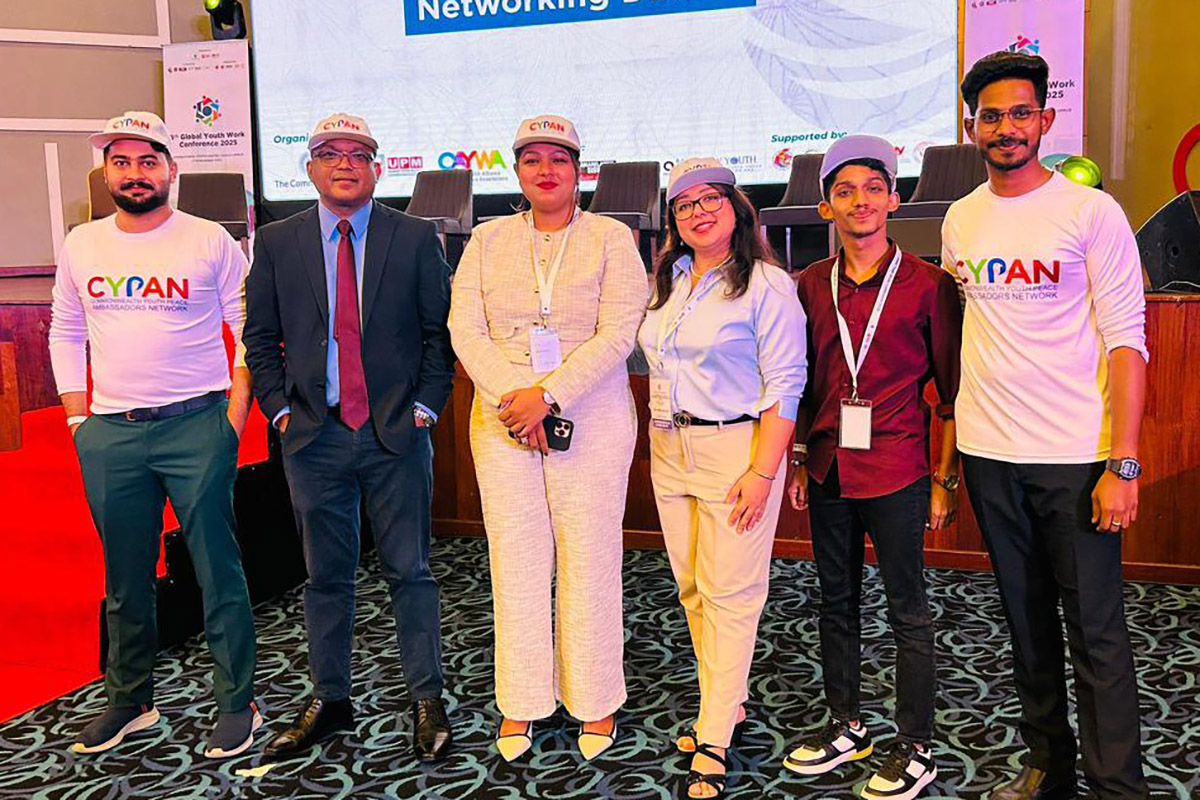Kibera: Where NGOs Thrive While People Survive
February 18by Evans Ijakaa
Kibera, the largest slum in Africa, is a place where hope and hardship coexist. Home to over 250,000 residents, it is also home to something else: over 500 non-governmental organizations (NGOs). With so many NGOs operating in such a small area, one would assume Kibera’s issues—poverty, unemployment, lack of education, gender-based violence (GBV)—would be under control. But the reality on the ground tells a very different story.
It’s time we ask some hard questions: What is an NGO? And what are they actually doing for the people of Kibera?
In 2016, Kenya received $2.4 billion in official development assistance. Kibera alone is saturated with NGO projects. Yet, despite the steady stream of foreign aid, Kibera remains deep rooted in the very struggles these organizations claim to be fighting. Poverty continues to rise. Disease rates soar. The infrastructure crumbles. The situation seems to be getting worse, not better.
I’m a communication practitioner and a digital journalist. I’ve always believed that shining a light on untold stories is a key to change. So, I’ve decided to dig deeper into this situation. Inspired by Matt Walsh’s “What Is a Woman?”, I’m working on a new documentary that will focus on the NGOs in Kibera. I want to explore the disconnect between the billions of dollars of international aid pouring into Kenya and the minimal change on the ground.
Here are some of the key issues we plan to address:
1. The Paradox of Aid: When Help Isn’t Helping
Kibera’s poverty has become a commodity. The more the community suffers, the more funds are pumped into NGOs under the guise of “helping” the residents. But what happens when the “help” is little more than a temporary bandage over a gaping wound? Food donations, sanitary pads, and short-term fixes are nice in the moment—but they do nothing to address the systemic issues that keep Kibera trapped in poverty. It seems that the worse things get, the more these NGOs benefit. Is that a coincidence, or a feature of the system?
2. Sustainability—In Name Only
Many NGOs boast of “sustainable” initiatives. Yet, sustainability seems to mean different things to different people. A project that provides temporary relief—like handing out juice and bread during a GBV crisis—may sound compassionate, but how is this a long-term solution? Where are the efforts to build real change: better schools, job opportunities, healthcare access, or clean water?
3. Is This a Charity or a Business Model?
With hundreds of NGOs registered in Kibera, the registration process itself has come into question. Rumours abound about corruption in the system, with some individuals reportedly paying to get their NGO registered in this poverty-stricken area. NGOs, in theory, are meant to uplift communities, but there’s growing concern that many of these organizations are little more than tax havens or fronts for money laundering. The people of Kibera deserve better than to be pawns in a system that profits off their poverty.
A Call for Change
It’s time we stop accepting superficial solutions and start demanding that NGOs truly live up to their promise of creating sustainable change. The people of Kibera—and every other marginalized community in Kenya—deserve real opportunities, not just handouts.
My goal is to create a conversation that leads to greater transparency, accountability, and most importantly, action.
This isn’t just an issue for Kibera. It’s an issue for every community that is less privileged across the globe, where NGOs are supposed to operate as forces of good. The time for easy solutions and feel-good aid is over. It’s time for a real revolution in how we approach development and support for the people who need it most.






